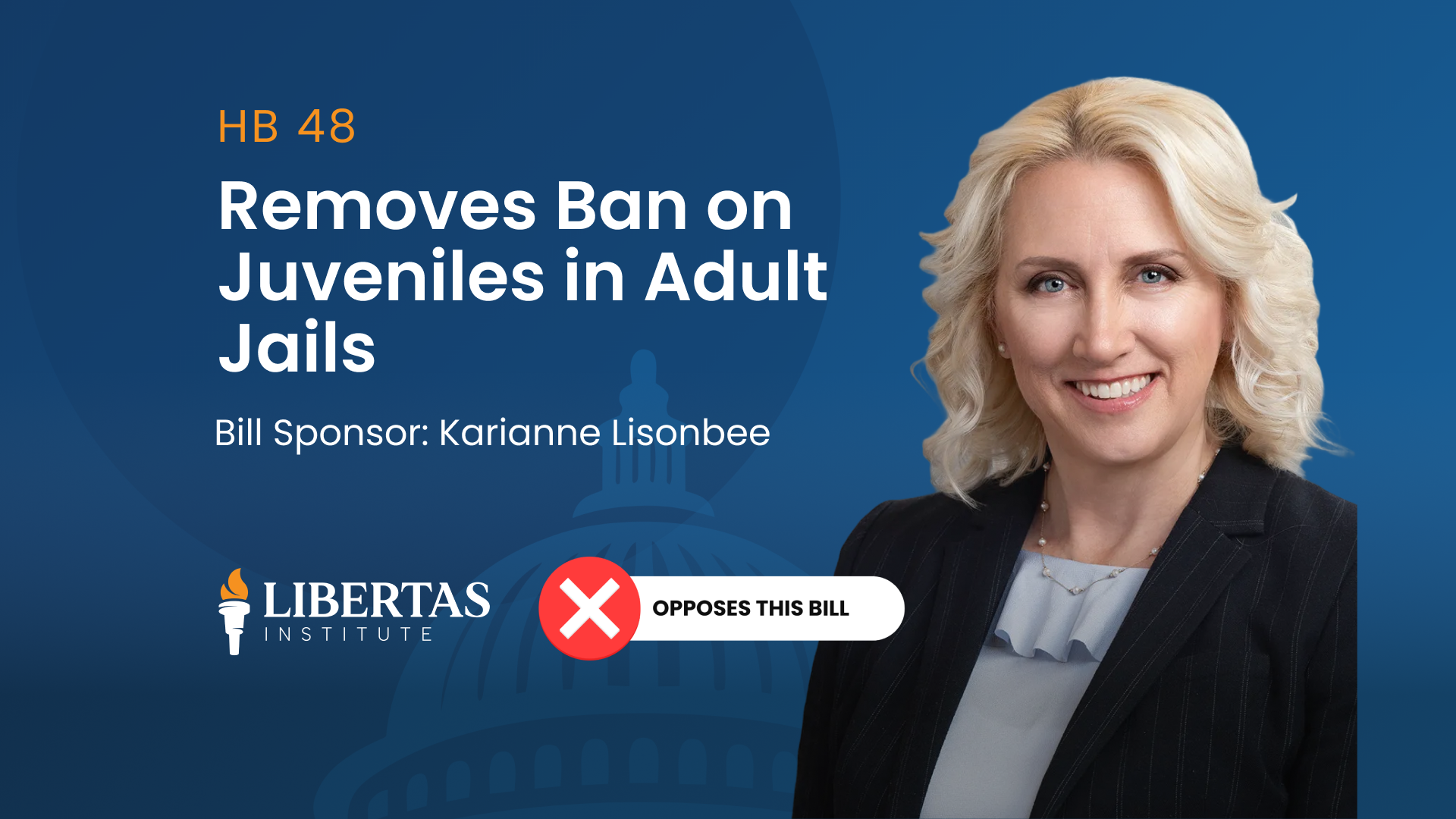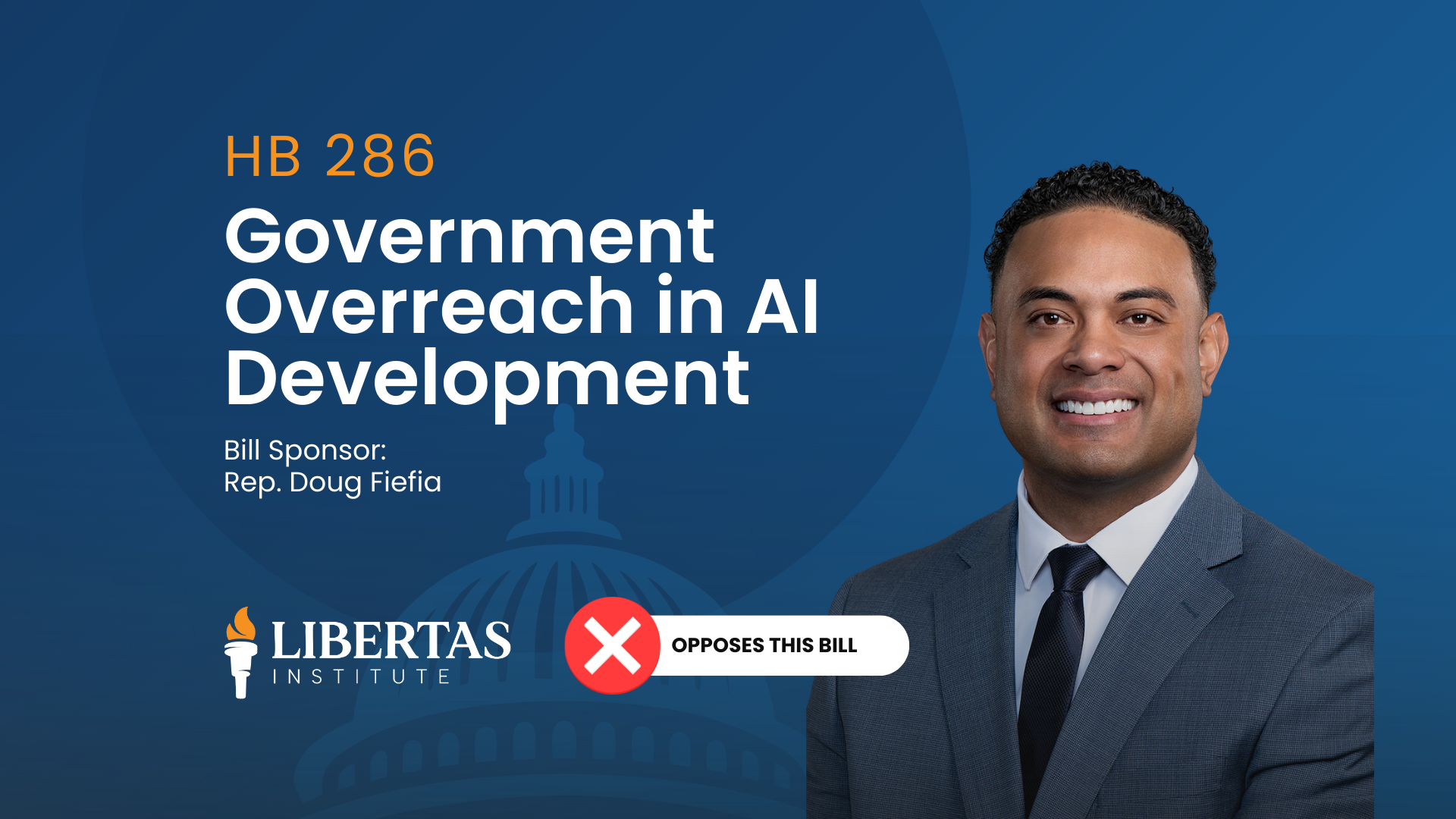This bill was not considered by the legislature.
Libertas Institute supports this bill.
Utah law prohibits car dealers from selling vehicles “on consecutive days of Saturday and Sunday,” and because all of them sell on Saturday when consumers are busy spending money, they all close on Sunday.
In 2000, Larry H. Miller heavily lobbied for a change in Utah law—through a bill sponsored by Senator Paula Julander—to protect his car dealerships from national competition. The national chains usually operate on each day of the week, and Miller did not operate his dealerships on Sunday. (The same does not hold true for his Megaplex movie theaters.)
Violating this prohibition is a class B misdemeanor and would result in over $50,000 in annual fines were a dealership to remain open on both days year-round. Of course, few dealerships (if any) are interested in violating this protectionist policy; Libertas Institute previously contacted over a dozen dealerships and those who responded liked the law, without exception. “Retail industry is hard work!” one dealer told us. “So one day should be taken off. Naturally, it should be Sunday.” Another said that “working six days per week is plenty,” noting that Sunday is the best day to take off “so people can go to church that day.”
House Bill 176, sponsored by Representative Marc Roberts, would repeal this provision of law, removing the protectionist language and protecting the free market as required by Utah’s Constitution.
Despite their competition being open on Sundays, such businesses as Hobby Lobby and Chick-fil-A close on Sunday, and yet their businesses thrive. Rather than seeking to employ the arm of the state to enforce such desires as part of a protectionist economic scheme, businessmen in Utah should learn from these examples and voluntarily adhere to a day of rest, should they choose to do so.




